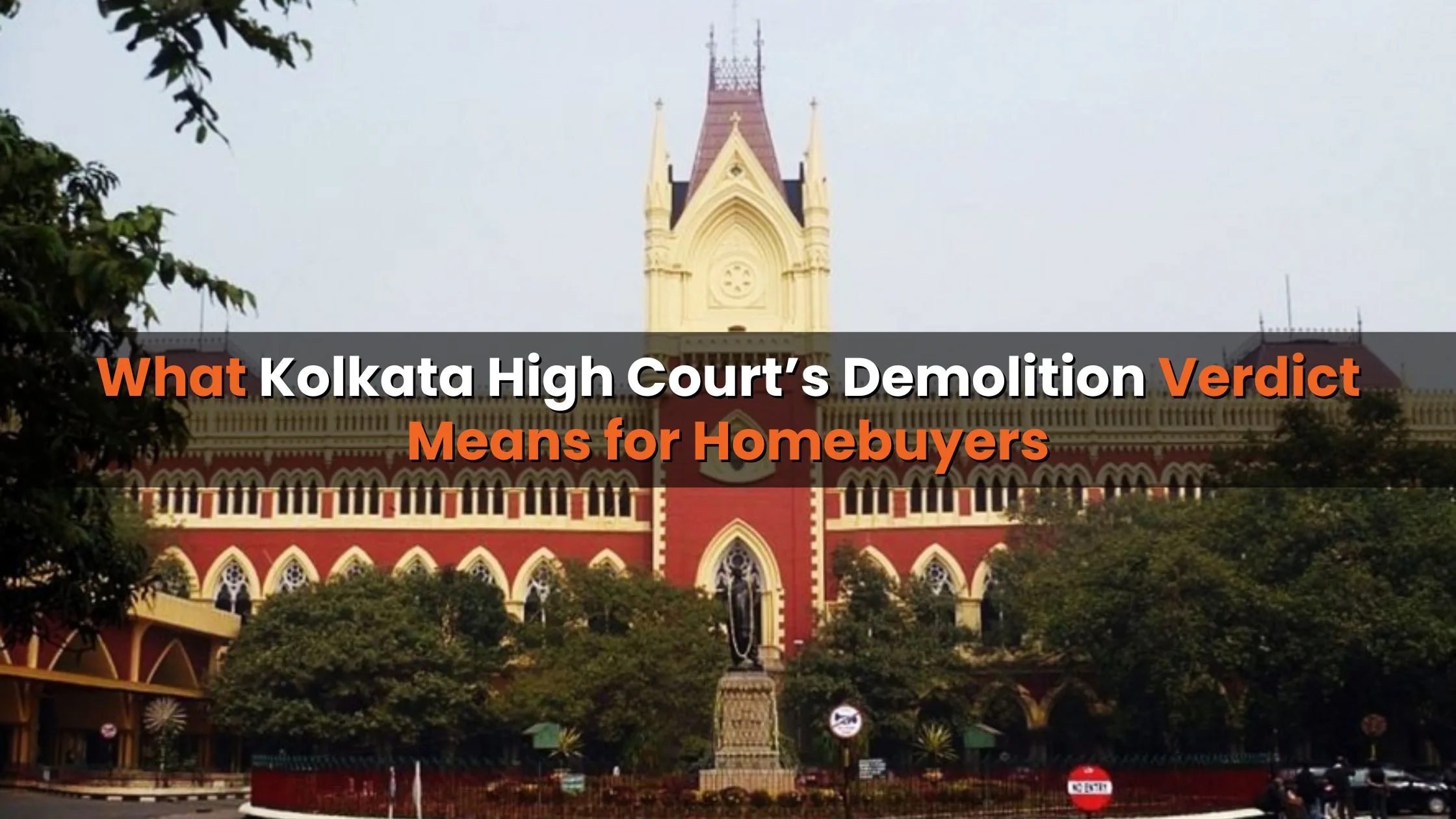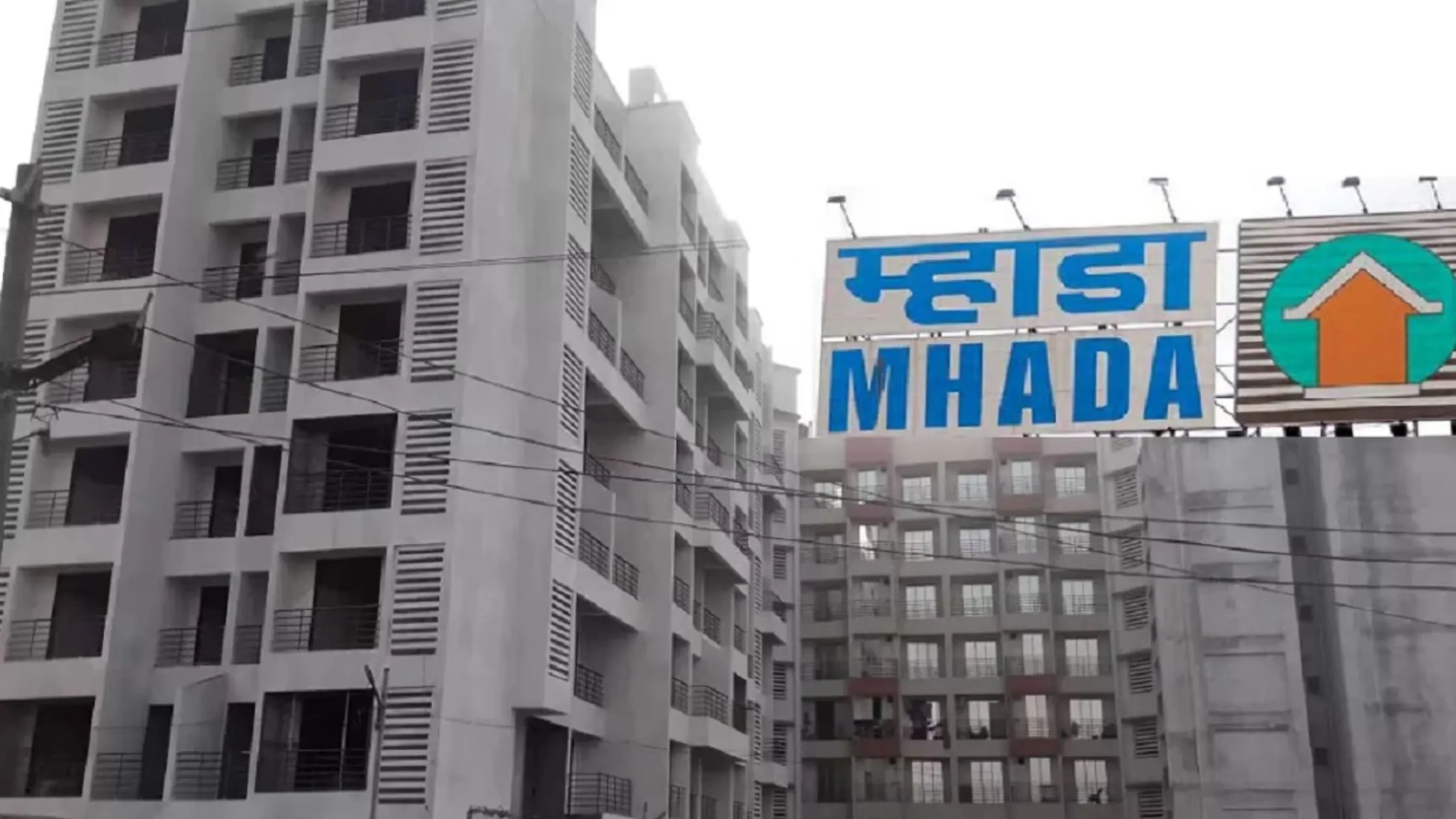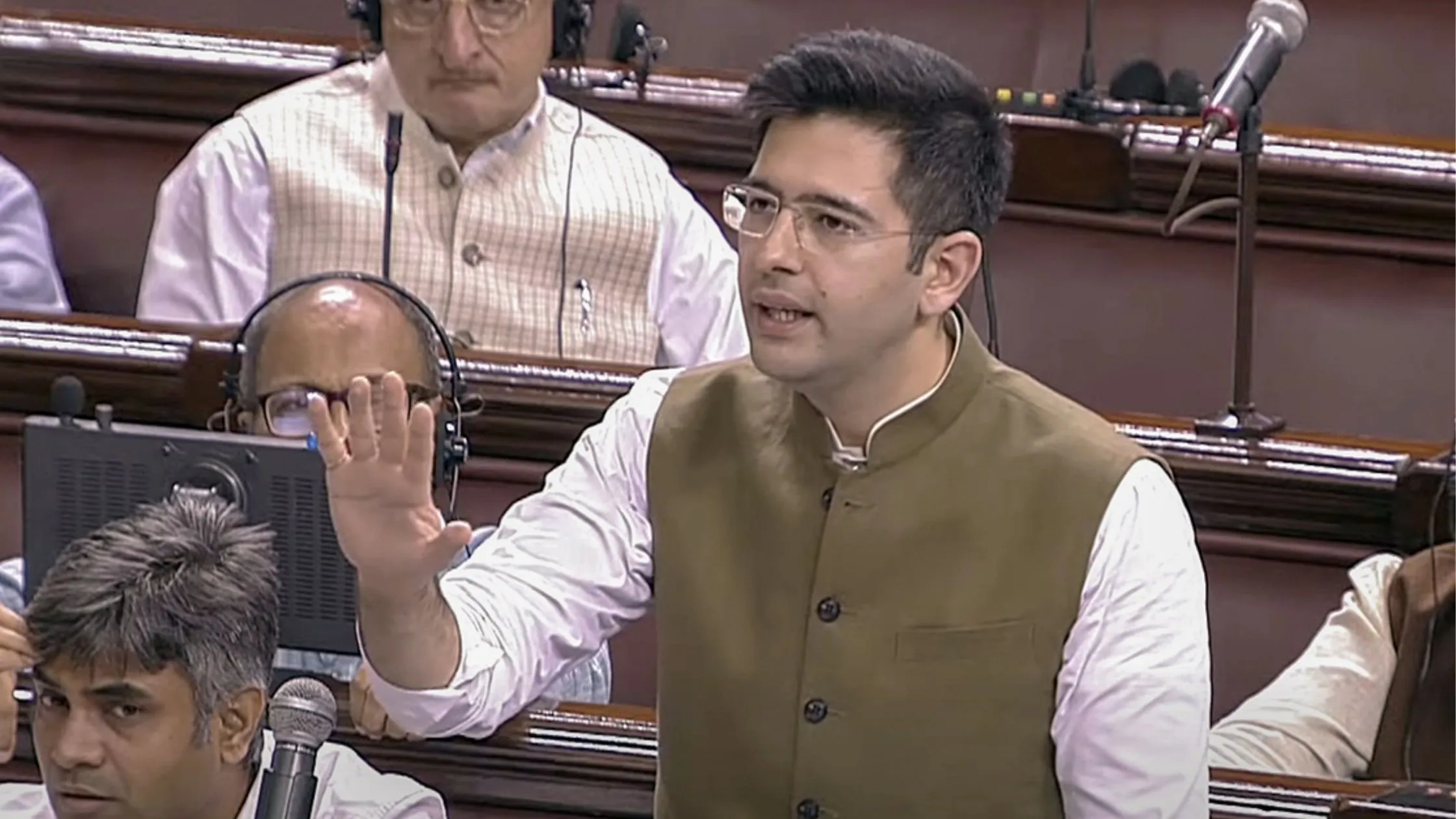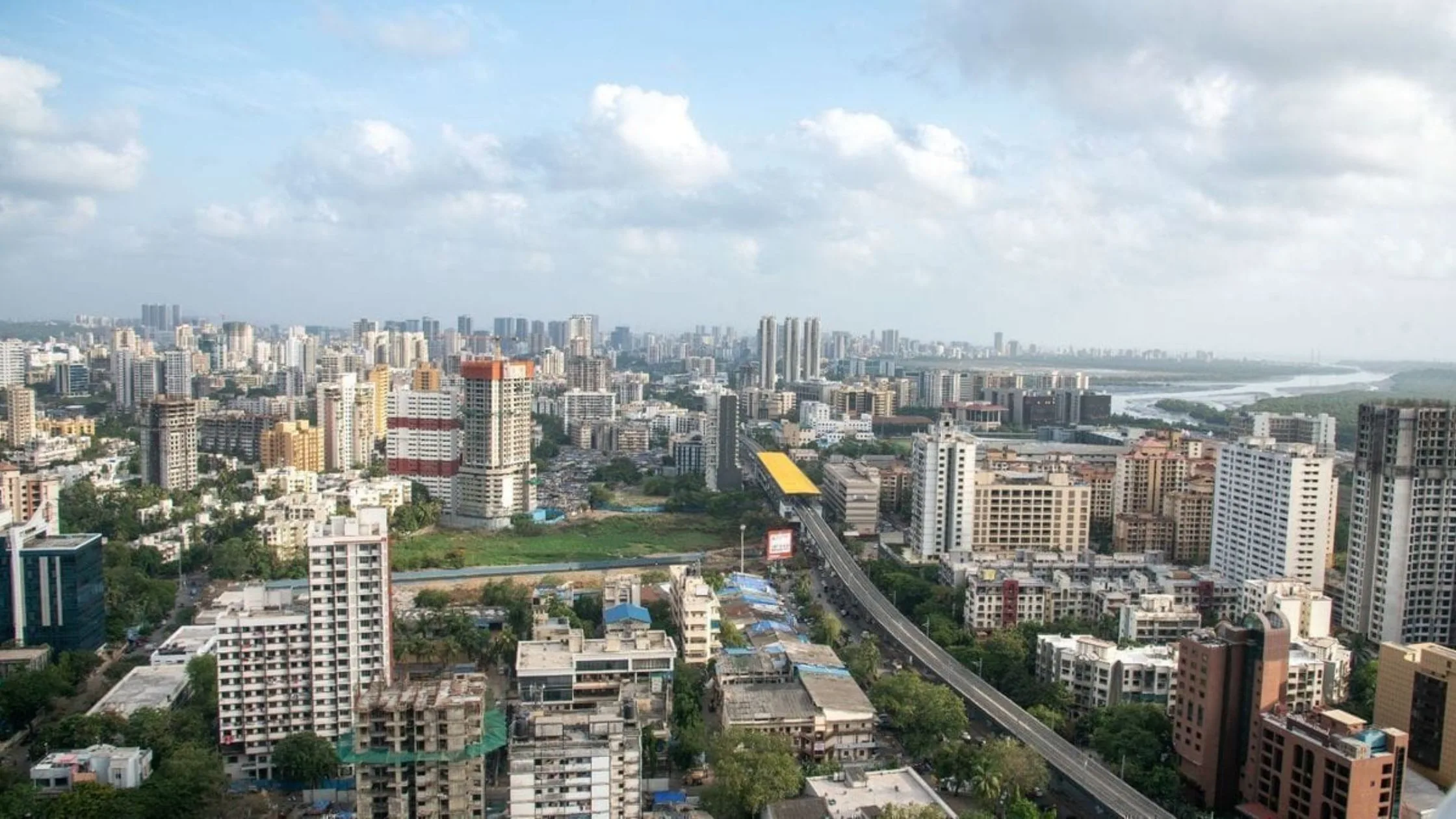Table of Content
▲
The recent Kolkata High Court’s Demolition Verdict on a 26-storey tower in New Town’s Elita Garden Vista has shaken both homebuyers and developers across India. The ruling, backed by the Supreme Court, ordered demolition of the illegal structure a rare but powerful step highlighting the judiciary’s strict stance on unauthorized construction.
For developers, the message is clear: reputation alone won’t save projects built without approvals. For homebuyers, it is a reminder to look beyond registered deeds and thoroughly verify approvals before investing in real estate.
Background of the Case
The case revolves around the Elita Garden Vista project, developed by the reputed Merlin Group in Kolkata’s New Town. The controversy emerged after one of the towers with 233 apartments and 160 families was built without proper approvals.
The developer argued that homebuyers had already consented to additional construction through clauses in their purchase agreements. However, the Kolkata High Court’s Demolition Verdict dismissed this claim, ruling that no contract can override a resident’s right to light, air, and open spaces.
By rejecting this defense, the court underlined that “Build first, seek permission later” can no longer be an industry practice.
Also Read: Jawaharlal Nehru's First Official Residence Sold for ₹1,100 Crore in Record-Setting Deal
Message to Developers: No More ‘Build First, Approve Later’
One of the strongest outcomes of the Kolkata High Court’s Demolition Verdict is its warning to developers. Even established names now face demolition risks if they bypass legal approvals.
This isn’t the first time Indian courts have taken such a step.
- In 2022, the Supertech Twin Towers in Noida were demolished after nine years of legal battles due to violations of building codes and the Uttar Pradesh Apartments Act, 2010.
- In Gurgaon, the Department of Town and Country Planning (DTCP) tore down an unauthorized structure in Emaar Palm Hills, even though it had the support of the Resident Welfare Association (RWA).
These cases highlight that developers can no longer assume leniency. Unauthorized construction, even with partial consent, will invite strict action.
Impact on Current Residents of Elita Garden Vista
While the ruling brings clarity for the future, its immediate impact on current residents is devastating. The tower facing demolition housed 233 flats and over 160 families who had lived there for years.
The court has ordered a full refund of the purchase price along with 7% annual interest. However, this doesn’t cover the real costs borne by homeowners:
- Interior investments such as furniture, fittings, and upgrades.
- Emotional costs of displacement from a home they built their lives around.
- Market reality, where property values have surged. For example, prices in Elita Garden Vista have grown nearly 63% over the last five years, far outpacing the compensation structure.
For these families, the Kolkata High Court’s Demolition Verdict feels like justice delivered in law but hardship endured in life.
Broader Lessons for Homebuyers
One of the key takeaways of the Kolkata High Court’s Demolition Verdict is that standard documents like sale deeds, property tax receipts, and mutation certificates are not enough to ensure ownership security.
Before finalizing a purchase, homebuyers must ensure:
- Verification of building approval plans and municipal clearances.
- Confirmation that existing homeowners have given valid consent for new developments.
- Review of RERA registration details, where applicable, for added protection.
This case reminds buyers that due diligence is as important as financial planning. Missing one critical approval could risk the entire investment.
Also Read: UP Cabinet Limits Stamp Duty on Partition Deeds to ₹5,000
Industry-Wide Impact
Beyond Kolkata, the verdict has implications for India’s broader real estate market. With courts increasingly cracking down on illegal construction, developers will be forced to follow regulations more stringently.
Key expected outcomes include:
- Higher accountability among developers, reducing malpractice.
- Greater transparency, as buyers start demanding clear documentation.
- Stronger buyer awareness, as such high-profile cases make headlines and influence investment decisions.
For the industry, the Kolkata High Court’s Demolition Verdict acts as both a cautionary tale and a push towards long-overdue compliance.
Conclusion
The Kolkata High Court’s Demolition Verdict is a landmark decision that carries two contrasting impacts. On one side, it ensures that developers cannot sidestep approvals and misuse buyer consent. On the other, it disrupts the lives of innocent families who invested in good faith.
For developers, the lesson is non-negotiable: obtain approvals before construction. For buyers, the message is equally vital: check every legal clearance before signing a deal.
Ultimately, this verdict may shape a more transparent and secure real estate market where both compliance and buyer vigilance become the cornerstones of trust.







